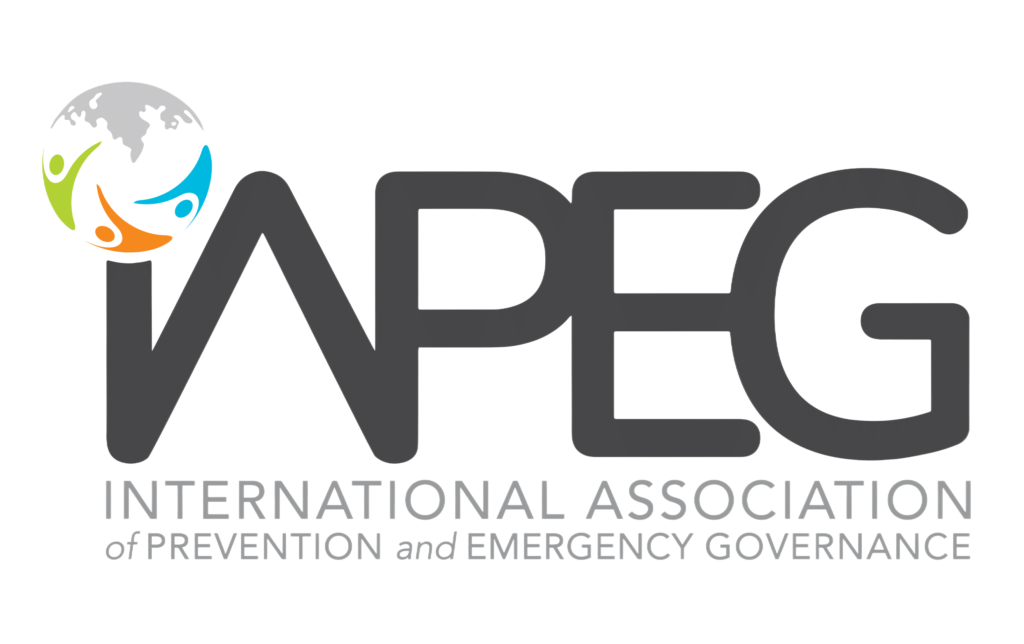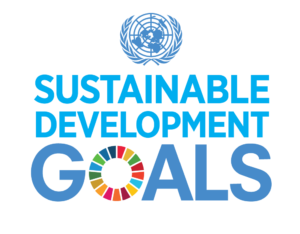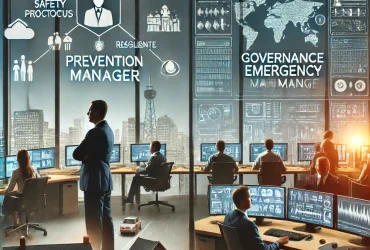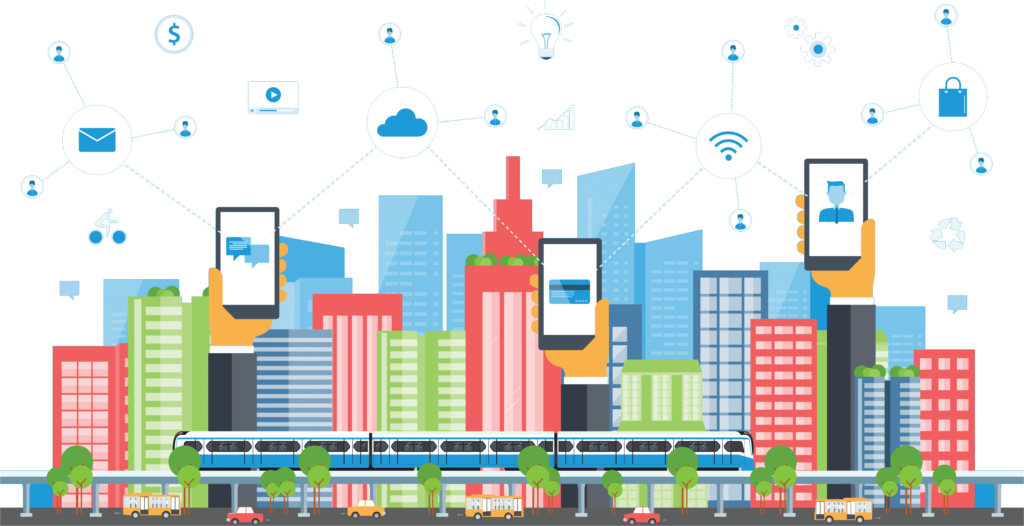
Menu


At IAPEG, we believe that sustainable urban development goes hand in hand with effective prevention, emergency management, and governance. Our initiatives focus on building resilient communities and cities that can withstand and respond to evolving challenges while ensuring safety, adaptability, and long-term growth.

Effective sustainability starts with prevention. Our approach emphasizes proactive measures to identify, assess, and mitigate risks before they escalate. We help cities develop and implement prevention strategies that reduce vulnerability to natural disasters, environmental hazards, and human-made crises. Through data-driven analysis and community engagement, we empower cities to create safer environments for all.

When crises occur, rapid and efficient emergency management is crucial for minimizing impacts and safeguarding lives. IAPEG works with urban planners, first responders, and community leaders to design and implement robust emergency management systems. Our strategies include comprehensive preparedness plans, rapid response protocols, and recovery initiatives that restore normalcy while enhancing resilience for future challenges.

Good governance is the backbone of effective emergency response and prevention. We collaborate with local governments, policymakers, and stakeholders to establish clear policies, regulatory frameworks, and governance structures that prioritize public safety, resource allocation, and transparency. By aligning governance with sustainability goals, we ensure cities are prepared to respond cohesively to any emergency.
SDG 1: No Poverty Effective prevention management reduces the risk of disasters disproportionately affecting low-income and vulnerable populations. By implementing proactive measures to minimize risks, we help protect livelihoods and ensure that communities are less susceptible to the economic shocks caused by crises.
SDG 3: Good Health and Well-being Prevention management efforts include public health risk assessments, disease prevention strategies, and community-based awareness initiatives, which contribute to better health outcomes and overall well-being.
SDG 11: Sustainable Cities and Communities Proactive risk assessment and prevention measures ensure that cities and communities are more resilient, adaptable, and able to withstand natural disasters, environmental hazards, and other crises, fostering sustainability and safety.
SDG 13: Climate Action Preventing and mitigating climate-related risks plays a crucial role in climate adaptation strategies. Our focus on sustainable prevention measures helps reduce the impact of climate change, protect ecosystems, and safeguard communities from extreme weather events.
SDG 4: Quality Education Effective emergency management often involves public education campaigns and training programs that increase community awareness and preparedness. By educating citizens, we empower communities to respond effectively to emergencies.
SDG 9: Industry, Innovation, and Infrastructure Strengthening infrastructure to withstand emergencies, developing innovative technologies for disaster response, and promoting resilience through industrial practices directly contribute to the safety and sustainability of urban and rural communities.
SDG 16: Peace, Justice, and Strong Institutions Emergency management necessitates robust institutional coordination and governance to ensure swift, equitable, and effective responses. By fostering collaboration and transparent systems, we create strong institutions that protect public safety and community resilience.
SDG 10: Reduced Inequalities Good emergency governance ensures that vulnerable and marginalized communities receive equitable support during crises, reducing disparities in response and recovery efforts.
SDG 17: Partnerships for the Goals Emergency governance relies on multi-stakeholder collaboration, including governments, private sector partners, civil society organizations, and international bodies, to promote global partnerships and coordinated responses to crises.
SDG 8: Decent Work and Economic Growth Well-structured emergency governance helps maintain stability during crises, protecting businesses, livelihoods, and the economic health of communities, thereby fostering sustained economic growth.

Incorporating smart technology and sustainable practices, our approach to developing smart cities enhances public safety, resource efficiency, and livability. Through intelligent systems, data-driven insights, and innovative technologies, we help cities:
Our vision for smart, sustainable model cities revolves around innovative urban planning that combines technology, resilience, and inclusivity. We help develop urban plans that emphasize:
By integrating prevention management, emergency governance, and smart technology, we guide cities in building sustainable, resilient, and smart communities capable of thriving in the face of uncertainty.
Harnessing the power of data is central to building resilient cities. We promote:
Building resilient cities requires continuous adaptation to new challenges. IAPEG supports:
